Now what is AWS?
AWS –Amazon Web Services is CSP (CLOUD SERVICE PROVIDER)(Amazon.com) which provides you mainly IAAS and uses PUBLIC cloud as major deployment Model.
Do we have other CSPs apart from AWS in market?
Indeed we have – hundreds of them – visit the wiki link to know about the names J
https://en.wikipedia.org/wiki/Category:Cloud_computing_providers
Services provided by AWS
There are 80+ services offered by AWS. Let’s read about some of them below and see how you can relate it with your traditional datacenter. The services can be divided into 8 broad categories in which we have different services with different relevance
- AWS Compute Services
- Amazon EC2
- Amazon Autoscaling
- Amazon Load Balancing
- Amazon Workspaces
- Amazon Lambda
- AWS Network Services
- Aamzon VPC
- Amazon Direct Connect
- Amazon Route 53
- AWS Storage Services
- Amazon EBS
- Amazon S3
- Amazon Storage Gateway
- Amazon Glacier
- AWS Database Services
- Amazon RDS
- Amazon Redshift
- Amazon Elasticache
- Amazon DynamoDB
- AWS Management and Developer Tools
- Amazon CloudWatch
- Amazon CloudFormation
- Amazon CodeDeploy
- Amazon Code Commit
- Amazon Code Pipeline
- Amazon OpsWork
- Amazon IAM
- AWS Analytical Services
- Amazon EMR
- Amazon DataPipeline
- Amazon Kinesis
- AWS IOTs
- AWS IOT
- AWS Application Services etc.
- SQS
- SNS
- CloudSearch
- SES
Please note that the above list is not the end. There are few more which are released recently or in queue to be released till the date on which this blog is posted. Lets see little about what we have mentioned above. All these services are accessed through http://aws.amazon.com/
AWS Compute Services Introduction
These services offered to cater to the computational needs of the user. That is the basic server machines, desktops laptops etc. So we have some of the services with names and icons listed below-
Amazon EC2(Kind of servers)– Just as we have our servers at our datacenters, we have Amazon EC2 in AWS. These are the virtual machines which are provided to us based on the configuration which we choose.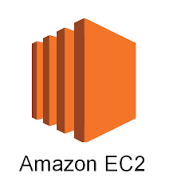

Auto-Scaling(Kind of hardware upgrading)- Automatic scaling up or down feature for EC2 instances. This means the VMs you have taken above can be easily replicated to provide you more when you require them and can be removed when you don’t require them 

Elastic Load Balancing(Kind of clustering) – To distribute the traffic across multiple EC2 instances. It is similar to a physical load balancer that we have in our datacenters. This ensures your EC2 instances are not overloaded.
Amazon Workspaces – Workspaces are nothing but fully managed desktops in Cloud. So when you require a desktop with certain amounts of CPU, memory, storage, and a choice of applications, workspace will help you.
AWS Lambda- Lambda is service which provides you a platform to run your code based on some events. This means on certain trigger (say some update on Database), a code can run on a platform and do desired task.
AWS Networking Services Introduction
These include those services which offer you an option to extend connectivity between your physical datacenter to the one on cloud. Along with this you can set up your own private network with resources in public cloud. Services are-
Amazon Route 53(Kind of DNS service) –This one is the DNS (domain name service) which helps you register your domain and maps it to IP address

AWS Direct Connect(Kind of VPN)-This service helps you establish dedicated network between your enterprise and Cloud resources by passing the internet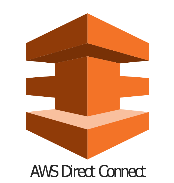

Amazon Virtual Private Cloud (VPC)-Offers you the provision to establish private and public subnets in order to expose or protect you resources from exposure to internet. Private isolated cloud can be set with this service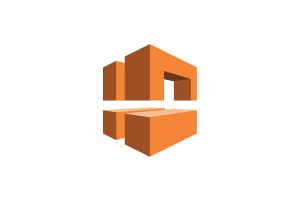

AWS Storage Services Introduction
These include those services which offer you an option to extend connectivity between your physical datacenter to the one on cloud. Along with this you can set up your own private network with resources in public cloud. Services are-
Amazon S3: Simple storage Service which is like a distant storage which stores the data as objects which allows to store and retrieve large amount of data in cloud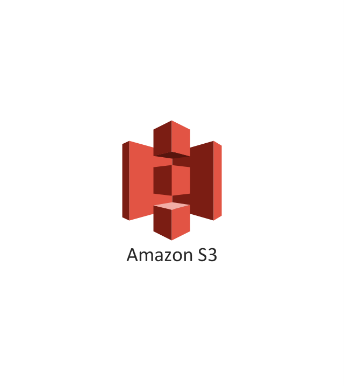

Amazon Elastic Block Storage–Block storage for EC2 instances which are similar to hard drives attached to our instances. Transactional Databases and local storage are done on EBS and attached to EC2

Amazon Glacier–Low-cost storage optimized for data archiving and backup. It is highly secure but very slow and is ideal for storing less utilized data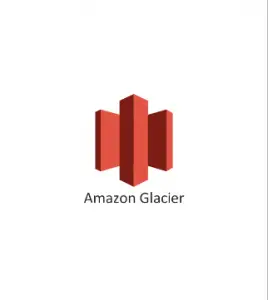

AWS Storage Gateway–A service that connects an personal datacenter based software appliance with cloud-based storage in a secured manner.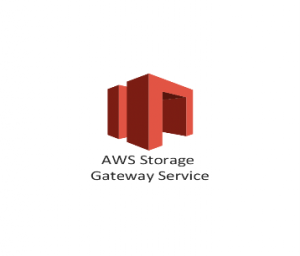

AWS Database Services Introduction
These set of services offers you to set up fully managed and scalable databases in cloud
Amazon RDS-Relational Database service which helps you establish a relation DB in cloud using your favorite MYSQL, , Oracle, SQL Server or PostgreSQL and Aurora DB

Amazon DynamoDB-This one is NOSQL database service. This means you can set up not only relational but NOSQL DBs also with AWS something similar to MangoDB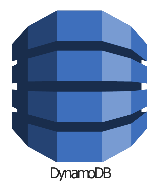

Amazon Elastic Cache-A web service that makes it easy to deploy, operate and scale an in-memory cache in the cloud.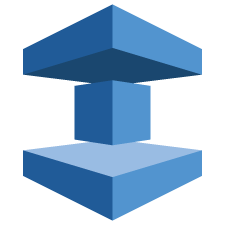

AWS Management and Developer Tools Introduction
To manage your resources and offer you some good tools for code development, these bunch of services help you out
Amazon CloudWatch – To monitor your AWS resources and send message about their health is the task of CloudWatch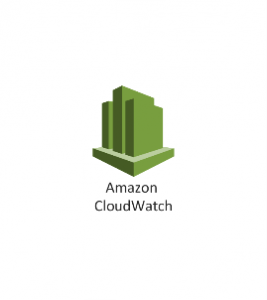

Amazon CloudFormation– A tool that offers you assistance to set up and configure all other AWS resources and bind them together.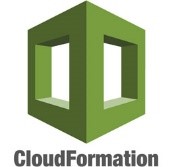

Amazon CodeDeploy– A complete Platform to deploy your code and all coordination part is taken care by AWS.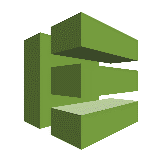 Amazon Code Commit – Version controlling of the code is done with code commit. Host a private GIT repository and manage your code on cloud and even push your code to EC2
Amazon Code Commit – Version controlling of the code is done with code commit. Host a private GIT repository and manage your code on cloud and even push your code to EC2
 Amazon Code Commit – Version controlling of the code is done with code commit. Host a private GIT repository and manage your code on cloud and even push your code to EC2
Amazon Code Commit – Version controlling of the code is done with code commit. Host a private GIT repository and manage your code on cloud and even push your code to EC2
Amazon Code Pipeline– This is a DevOps service which helps in continuous integration to build, test, deploy and manage your application in cloud

Amazon OpsWork– To manage a stack (which means a complete set of AWS resources required for your project –end to end) Opswork is helpful. Manage security, permissions on servers and application, deploy app on multiple servers in a stack etc.

Amazon IAM Services – To secure your resources foremost thing is to control access on them. This tool allows you to create users and define different roles and hence access permissions to them

AWS Analytical Services Introduction
To Analyze the data and process Big and small data without any hardware provisioning, there are these handful services offering you some help
Amazon EMR – To process huge amount of data and to set up your Hadoop Cluster, EMR is the right choice

Amazon DataPipeline– To transform and load the data from one AWS resource to other, datapipeline is the apt tool

Amazon Kinesis– Kinesis is used to real time processing of data from thousands or resources at same time

AWS IOT’s Introduction
AWS IOT(Next generation Internet) – Internet of things. Connect the things on Internet like sensors, actuators etc. with AWS Cloud resources over internet protocols with this service

AWS Application Services etc
– Some of the servicesfor your applications
Amazon SQS – It’s a simple queue service for messages to get queued when they travel from one resource to other. In case one resource is not available to accept the message, it is not lost and stays in the queue
Amazon SNS- Simple Notification service is a push messaging service that makes a managed and cheap push to mobile and distributed devices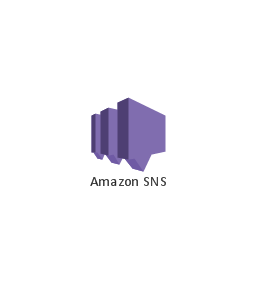

Amazon Cloud Search- Complete search solution for your websites. May it be forum search, web pages or some info on some product, Cloud search helps you add search capabilities to your domain

Summary– These services listed above are not et. Amazon adds to its store on regular basis. Read more on-
https://aws.amazon.com/new/
To summarize, we can say AWS is complete solution to traditional datacenter set ups. Still we need to know more about the billing on usage for AWS services to decide and analyse whether Cloud is better in our case or not. Below are next posts we are planning.
Introduction to how billing works in AWS
Introduction to AWS market
Introduction to AWS Global reach.

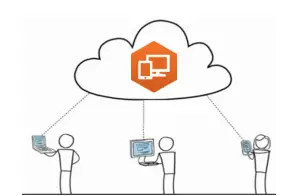
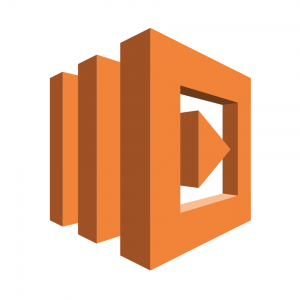








.png)
0 comments:
Post a Comment
Note: only a member of this blog may post a comment.